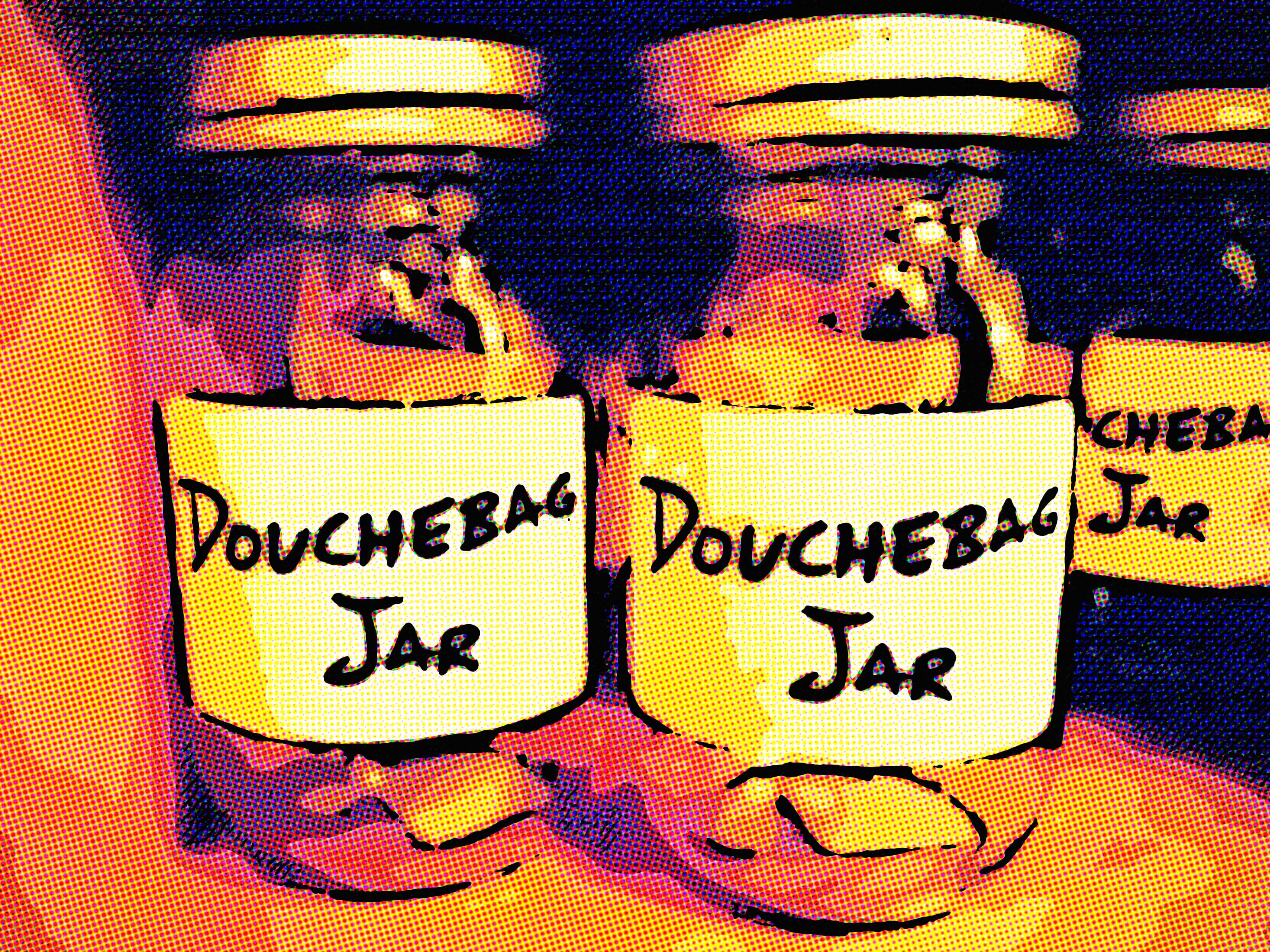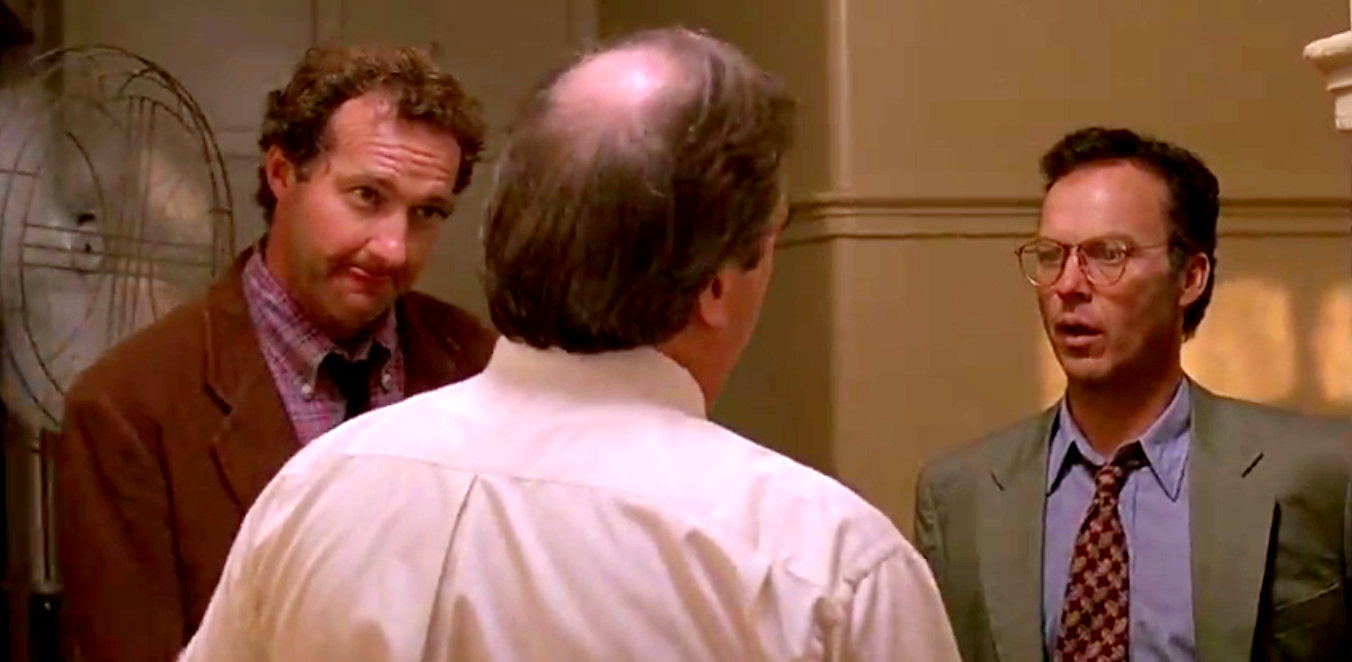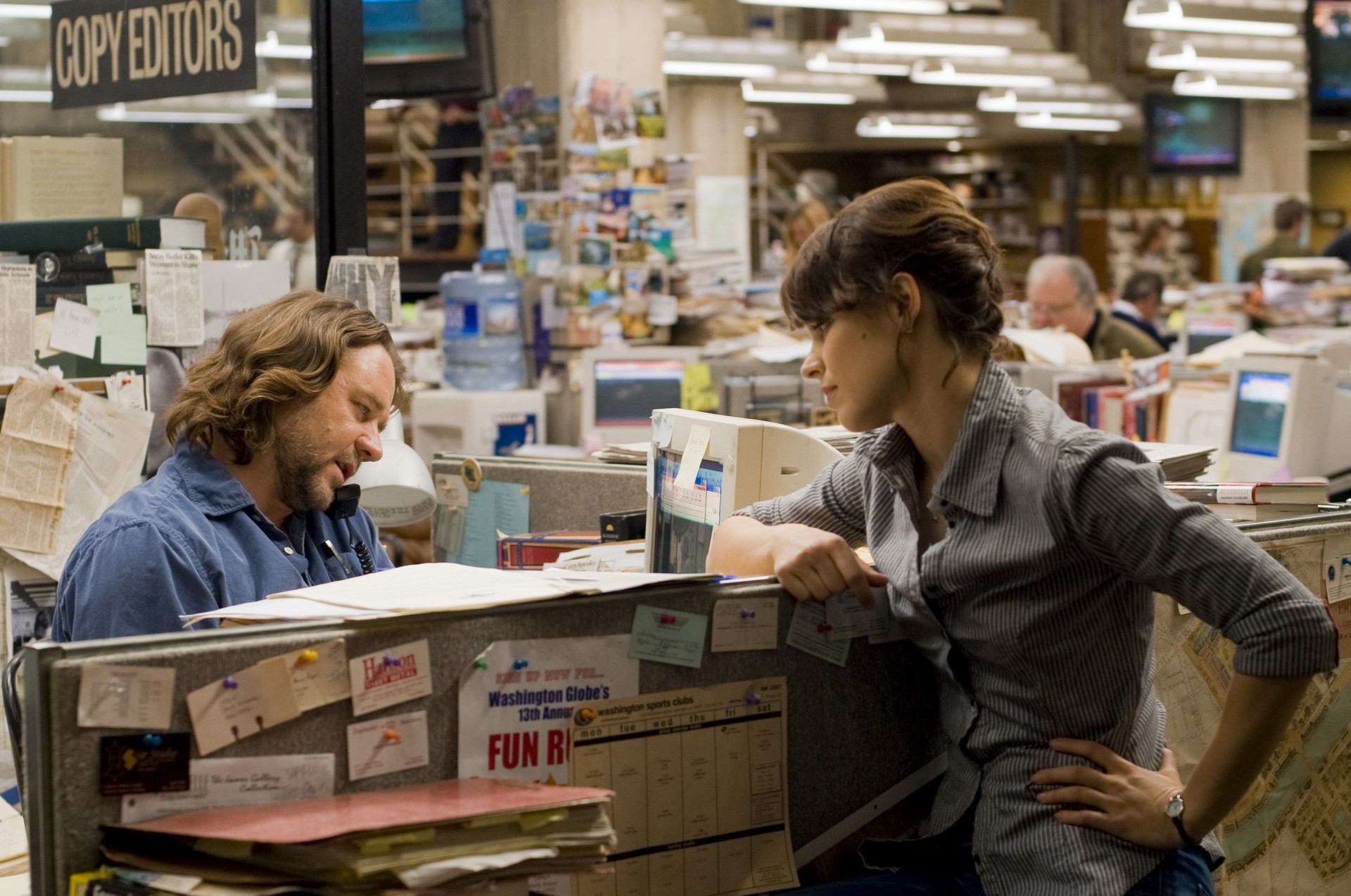Looking through Google Photos, I came upon the Featured Image (Chromebook Pixel), which was posted on the defunct Google+ seeking response from other folks on the social network. At the time, sometime in late 2013 or early 2014, I conceived an ebook concept tentatively titled Be a Better Blogger that would eventually become Responsible Reporting: Field Guide for Bloggers, Journalists, and Other Online News Gatherers (published March 2014).
I initially sought to raise $10,000 crowdfunding, generating really nothing. I was satisfied with the eventual ebook, which concepts and writing guidance hit the bullseye. My concerns about news reporting exploded in importance during, and following, the 2016 election cycle. My advice about branding, reporting, and sourcing all proved to be spot-on accurate.







